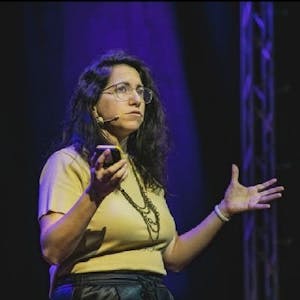Gathering pieces of information for a task or a project is a wasteful act and could result in duplicated work done by different people.
Onboarding, your ability to maintain code or infrastructure and systems handover - Documentation plays a crucial part in all these processes.
So... how can we write technical docs in an easy way & why should we even do it?
In this talk, I’ll show you a structured way to write technical docs, without being a technical writer - So you will deliver highly valuable information to your audience, to your best ability.
I’ll explain why should you care about these docs, how do they serve your best interests (Yes, there’s more than one!) and what a wide impact it could make on employees and even on your entire organization.
This talk has been presented at React Advanced 2023, check out the latest edition of this React Conference.























Comments